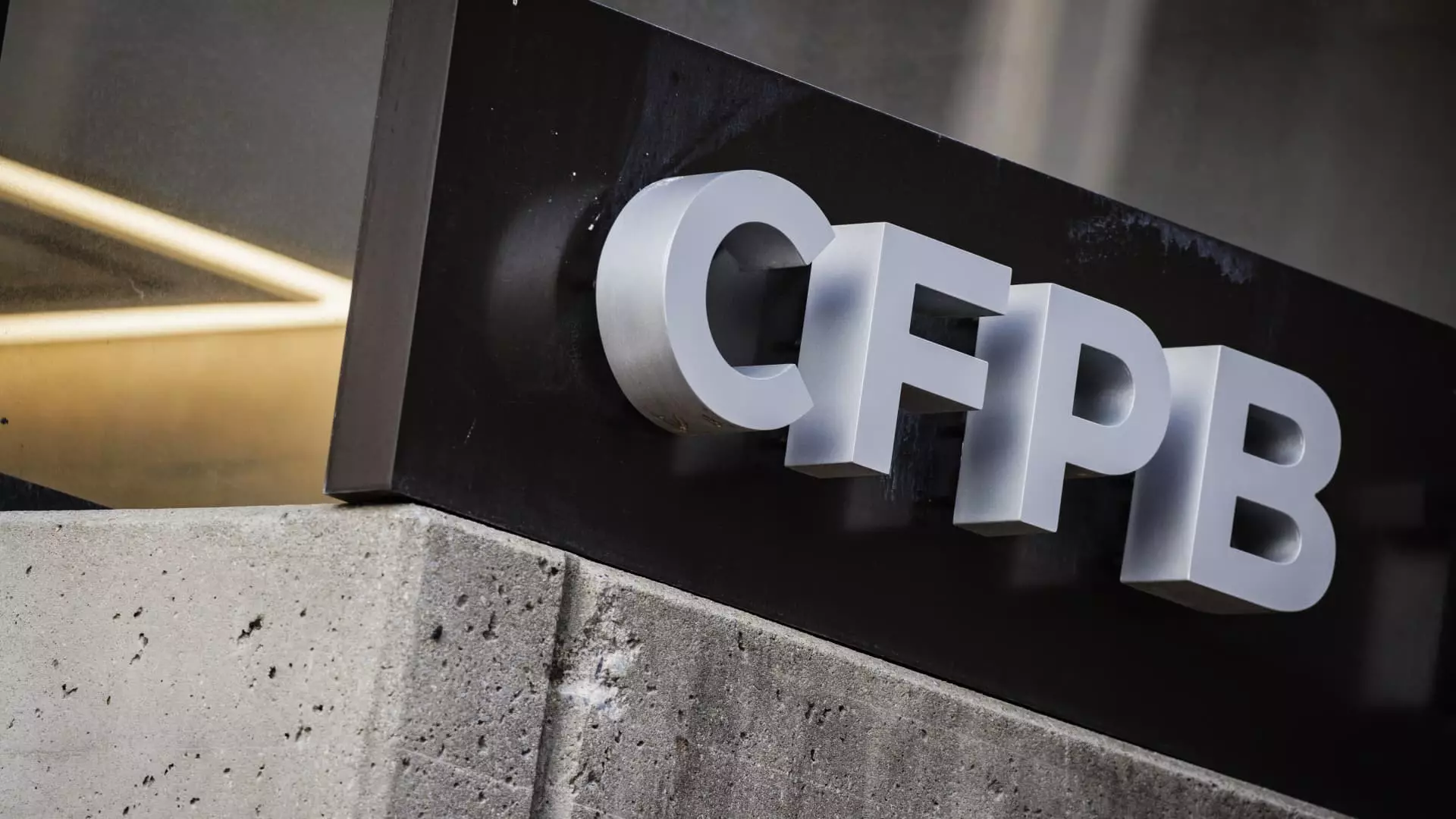The Consumer Financial Protection Bureau (CFPB) has made significant strides in uncovering and combating illegal junk fees that harm consumers. In a recent announcement, the watchdog revealed that companies will refund a staggering $140 million to customers as a result of their efforts. This article delves into the details of the CFPB’s work, the types of fees discovered, and the actions taken to address this issue.
Under the leadership of CFPB Director Rohit Chopra, the agency has diligently worked to expose and eliminate junk fee scams that violate the law and erode consumer trust. In conjunction with the Biden administration’s new policies targeting such fees across industries, the CFPB released a comprehensive report outlining their examination of fees in deposit accounts, auto loans, and remittances.
According to the report, financial institutions inflicting surprise overdraft and nonsufficient funds (NSF) fees are responsible for $120 million of the $140 million set to be refunded to consumers. These unlawful fees undermine the financial stability of many individuals and families. Violations highlighted in the report include misleading charges for paper bank statements that were never generated or delivered, unjustified add-on service fees for car loans, undisclosed fees, and failed remittances for international money transfers.
The CFPB has not only focused on identifying such violations but has gone a step further to address them effectively. By directing service providers responsible for processing bank-related services to cease contributing to these violations, the CFPB is taking critical action to rectify the issue at its root. An example from the report showcased a provider inaccurately calculating refunds for add-on products in terminated auto loans, highlighting the need for improved processes and transparency within the industry.
The ramifications of junk fees extend beyond overdraft and NSF charges. The report briefly mentions transaction fees applied to student meal accounts, emphasizing the CFPB’s commitment to ensuring compliance with financial protection laws that mandate free alternatives. This broad approach showcases the agency’s dedication to protecting consumers across various sectors and improving financial fairness for all.
While the report does not explicitly name the companies involved, the CFPB has taken action against industry giants such as Bank of America and Wells Fargo for their involvement in these deceptive practices. Bank of America voluntarily reduced overdraft fees and eliminated non-sufficient fund fees, resulting in a substantial 90% drop in revenue from these charges. Wells Fargo expressed satisfaction in addressing the issues uncovered by the agency, signaling a positive step towards improved transparency in the banking, auto, and mortgage sectors.
The fight against illegal junk fees is gaining momentum, thanks to the relentless efforts of the Consumer Financial Protection Bureau. With companies set to refund $140 million to affected customers, the CFPB’s work is producing tangible results. By shedding light on these illicit practices and implementing policy changes, the agency is paving the way for a fairer and more transparent financial landscape. It is crucial for regulators, financial institutions, and consumers alike to remain vigilant in identifying and challenging junk fees, ensuring a safe and trustworthy environment for all.


Leave a Reply